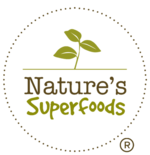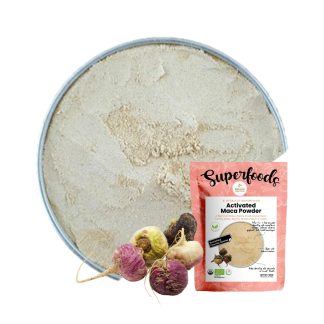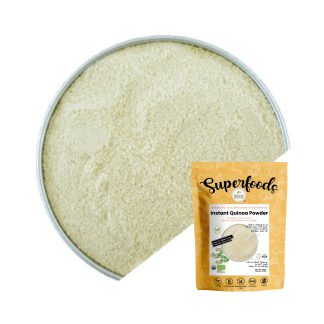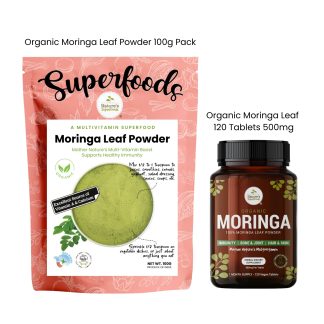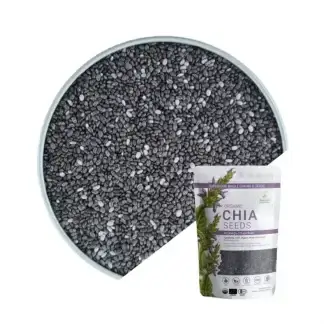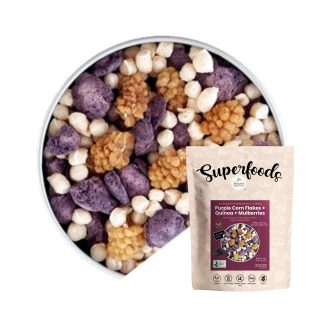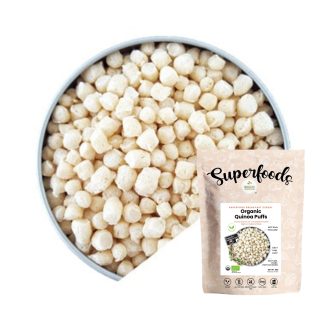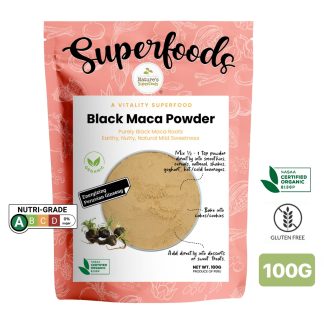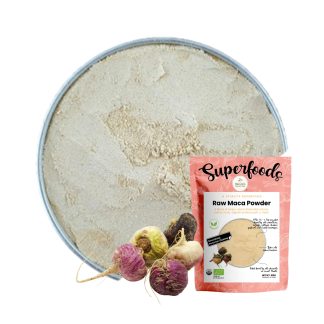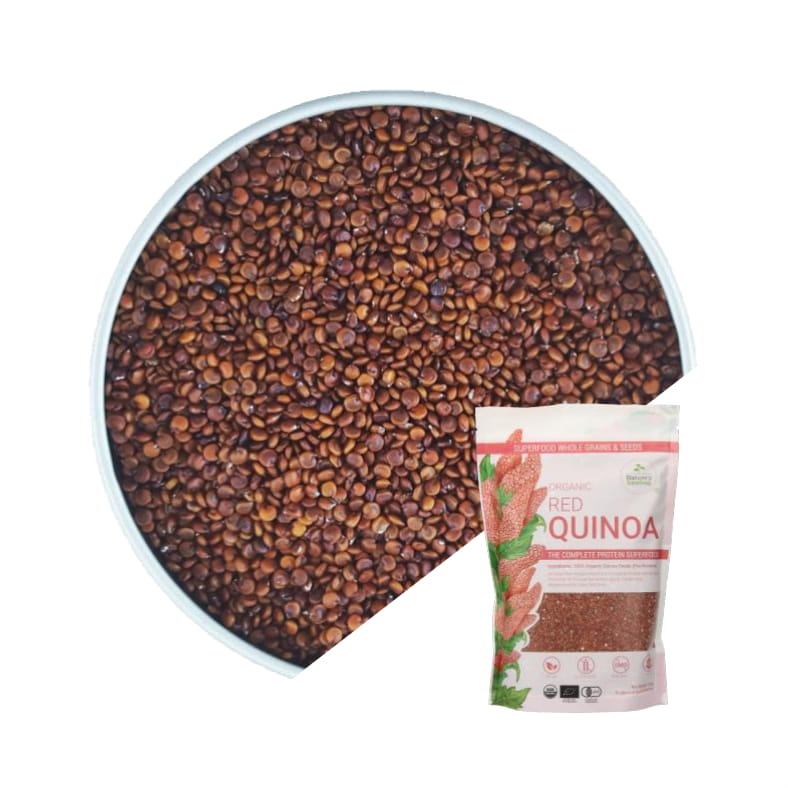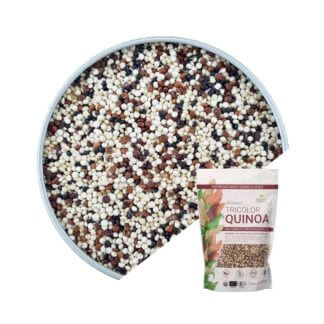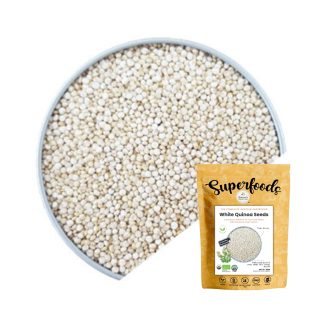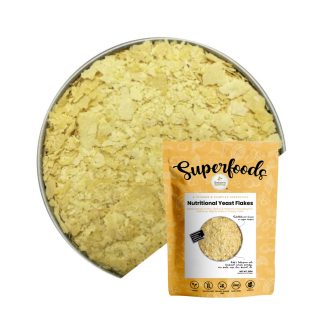-
No products in the cart.
Hair Loss
Hair loss is common. Almost half of men and women can be affected by pattern hair loss by the age of 50 where it could be highly affected by hormonal change (e.g. depletion of estrogen during menopause can result in female pattern hair loss). Though it is a normal part of ageing, symptoms of hormonal imbalance (e.g. hair loss) maybe improved by exercising and diet changes such as limiting amount of caffeine, incorporating plant estrogen-containing food such as soy beans and herbal remedy such as maca.
Nutritional deficiency can also affect both hair structure and hair growth. However, it is also important to note that in the absence of deficiency, over-supplementation of certain nutrients (e.g. Vitamin A, Vitamin E and Selenium) may actually promote hair loss.
Here are the top six nutrients that may help to combat hair loss and promote hair growth:
Antioxidants
Oxidative stress occurs when there is an imbalance of free radicals and antioxidants in the body, where prolonged oxidative stress can increase risk to negative health outcomes (e.g. cardiovascular disease, cancer, etc) and hair loss.
Excessive oxidative stress can be attributed to different factors such as unhealthy eating habits (e.g. diet that is high in sugar, saturated fat, trans fat, sodium), sedentary lifestyle, air pollutants, etc. Antioxidants are compounds that are able to combat free radicals, minimising oxidative stress.
Nutrients such as Vitamin A, C, E, Zinc, Selenium act as an antioxidant and can be found naturally in moringa, acai berry, citrus fruits, beans, etc, which are safer, healthier and more effective as compared to isolated, high doses present in supplements.
Iron
Iron deficiency is the most common nutritional deficiency globally and is a well-known cause of hair loss. Iron deficiency contributes to hair loss as Iron is an important compound for the restoration of hair growth.
Generally, vegans/vegetarians, premenopausal women, individuals with malabsorption disorder (e.g. celiac disease) or using H2 blockers (i.e. medications for acid reflux) are at higher risk for Iron deficiency. Natural source of Iron-containing food include meat, beans, dark leafy vegetables, nutritional yeast and dried fruits such as apricots.
Polyunsaturated Fats
Polyunsaturated fats can be obtained from oily fishes such as salmon, sardines, spanish mackerel, tuna, seeds (e.g. chia seeds, sacha inchi seeds) and oils such (e.g. chia seeds oil, sacha inchi seed oil, etc).
Vitamin D
Based on research, Vitamin D plays a role in hair follicle cycling, which helps to prevent hair loss. Risk factors for Vitamin D deficiency include inadequate sun exposure, obesity, gastric bypass and fat malabsorption.
Aside from sun exposure, Vitamin D can also be obtained from food such as oily fishes, liver, egg yolks and moringa.
Biotin
Biotin is a nutrient that is found in food such as moringa and nutritional yeast which acts as a cofactor for carboxylation enzymes, which is important for hair growth. Though intestinal bacteria can produce adequate levels of Biotin, deficiency can still be possible in individuals with congenital/acquired biotinides or carboxylase deficiency, antibiotic use that disrupts gastrointestinal flora, antiepileptic use or excessive ingestion of raw egg whites (i.e. due to binding of Biotin by avidin).
Protein
Protein malnutrition can result in hair thinning and hair loss as L-lysine (essential amino acid found in protein) affects iron uptake and is required for the production of keratin (i.e. hair protein). Protein can be obtained naturally from meat, eggs, beans, milk and quinoa.
Conclusion
While nutritional factors can affect the hair directly, one should not forget that there are also other factors that can affect hair growth (e.g. shampooing, choice of shampoo, etc).If you feel that your hair loss is excessive, you should consult your doctor as he/she can help to find the cause of your hair loss and maybe able to treat any causative medical conditions.
References
-
- Guo EL, Katta R. 2017. Diet and hair loss: effects of nutrient deficiency and supplement use. Dermatol Pract Concept. 7(1), 1-10.
- Cleveland Clinic. 2019. Menopause, Perimenopause and Postmenopause [ONLINE] Available at: https://my.clevelandclinic.org/health/diseases/15224-menopause-perimenopause-and-postmenopause . [Accessed 16 May 2021].
li>Kaur, R., Kaur, J., Mahajan, J. et al. 2014. Oxidative stress—implications, source and its prevention. Environ Sci Pollut Res. 21, 1599–1613.
- Kantor J, Kessler LJ, Brooks DG, Cotsarelis G. 2003. Decreased serum ferritin is associated with alopecia in women. J Invest Dermatol. 121(5), 985–988.
- Cleveland Clinic. 2020. Your Guide to Aging, Thinning Hair: 5 Simple Tips [ONLINE] Available at: https://health.clevelandclinic.org/your-guide-to-aging-hair/. [Accessed 8 May 2021].
Browse Superfoods for Hair Growth
Showing all 12 results
-
Organic Gelatinized (Activated) Maca Powder
$10.50 View More This product has multiple variants. The options may be chosen on the product page -
Organic Instant Quinoa Powder
$14.00 View More -
Organic Moringa Leaf Powder & Tablets
$8.00 – $15.00 View More This product has multiple variants. The options may be chosen on the product page -
Organic Premium Black Chia Seeds
$11.90 – $22.90 View More This product has multiple variants. The options may be chosen on the product page -
Organic Purple Corn-Quinoa-Mulberries Cereal Mix
$12.99 View More This product has multiple variants. The options may be chosen on the product page -
Organic Quinoa Puffs
$6.95 – $19.90 View More This product has multiple variants. The options may be chosen on the product page -
Organic Raw Black Maca Powder
$12.50 View More This product has multiple variants. The options may be chosen on the product page -
Organic Raw Maca Powder
$8.00 View More This product has multiple variants. The options may be chosen on the product page -
Organic Red Quinoa Seeds
$9.90Out of stock
View More This product has multiple variants. The options may be chosen on the product page -
Organic Tricolor Quinoa Seeds
$9.95 – $17.95 View More This product has multiple variants. The options may be chosen on the product page -
Organic White Quinoa Seeds
$9.90 – $17.90 View More This product has multiple variants. The options may be chosen on the product page -
Premium Nutritional Yeast Flakes B12
$12.90 View More This product has multiple variants. The options may be chosen on the product page
Showing all 12 results
